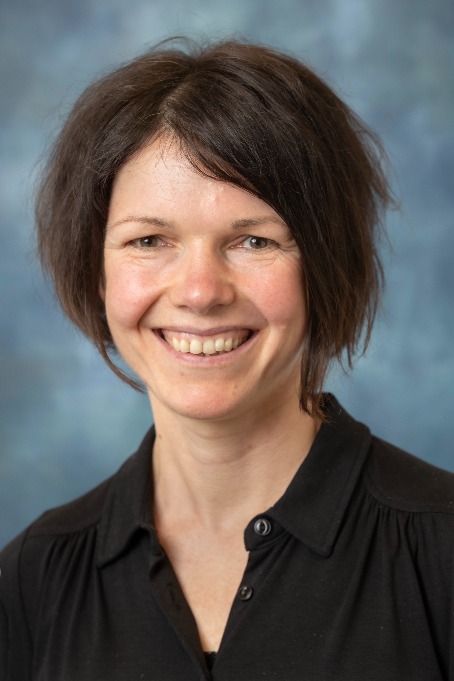Impact: The public perception and acceptability of sustainable transitions

In the coming weeks the nominees for the Ben Feringa Impact Award (BFIA) 2024 will introduce themselves and their impactful research or project. This week: Goda Perlaviciute, nominated in the category 'researcher' for her research project about the public perception and acceptability of sustainable transitions.
Who are you?
I am Goda Perlaviciute, associate professor of Public Acceptability of Sustainable Transitions
Which faculty do you teach in?
Faculty of Behavioural and Social Sciences, Expert Group for Environmental Psychology
What is your research about?
I study the public perception and acceptability of sustainable transitions, with a special focus on energy transitions. Public protests against nuclear energy, wind farms, and gas extraction in Groningen are some examples. I am interested in people´s values that underlie acceptance or resistance, and how these values could be better integrated in policy-making. I am interested in how public participation in policy-making influences the social acceptability of sustainable transitions. In particular, I am interested in ways of organizing and facilitating public participation that best reflect the different social values and preferences. I use multiple methods, from lab experiments to practical case studies, surveys, and interviews to better understand the public perception and acceptability of sustainable transitions.
What is the impact of this research and how can it help society?
The transition to a more sustainable future is an enormous social challenge. My research places societal issues at the forefront of sustainable transitions. For example, what do we need to develop a more socially acceptable climate and energy policy? How can public values and preferences be incorporated more effectively into policy-making? And how can we move away from the top-down ‘decide-announce-defend’ approach to more participatory decision-making? People oppose sustainable climate and energy policies if they think that the costs and benefits are unevenly distributed and if they feel excluded from the decision-making process. Research in environmental psychology, including my own, can guide policy-makers in better integrating public values and preferences into decision-making. Bridging theory and practice is crucial to me. I work at the intersection of research and policy-making to put the social sciences at the centre of climate and energy policy.
What was your motivation for the research? What did you learn from it yourself?
I am convinced that better policy can be achieved with insights from environmental psychology and the social sciences in general. It is crucial to conduct rigorous scientific research. And stepping out of the ivory tower and putting knowledge into practice is just as important. As scientists, we can play an important role in facilitating evidence-based and socially responsible policy-making on the world's most pressing climate change challenges and sustainable transitions. I have learned that placing social aspects at the forefront can lead to more inclusive, fair, responsible, and socially acceptable climate and energy policies.
More news
-
15 September 2025
Successful visit to the UG by Rector of Institut Teknologi Bandung
